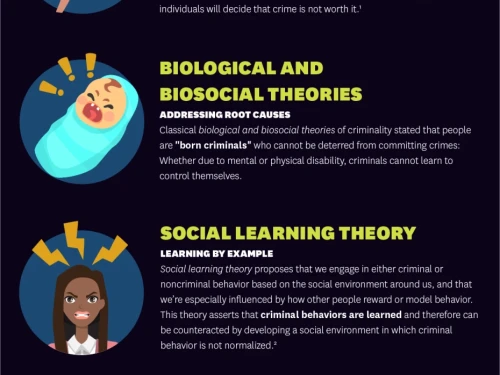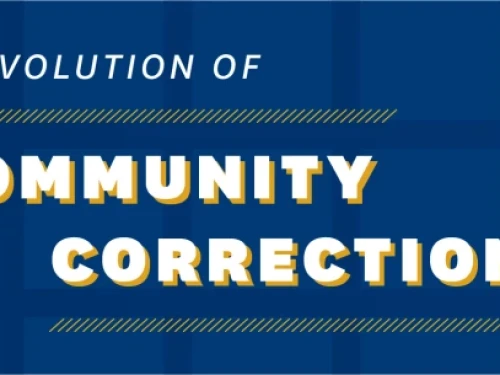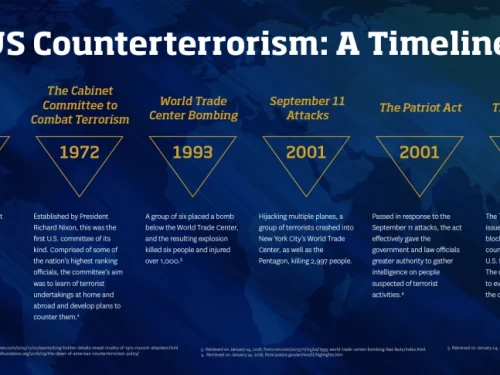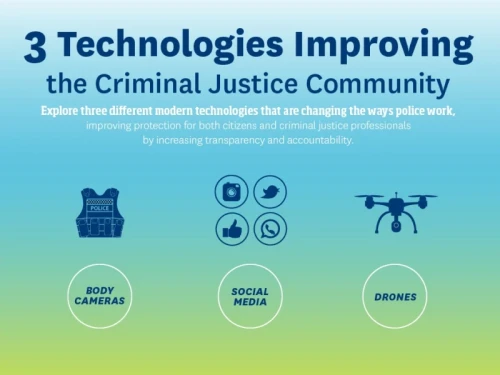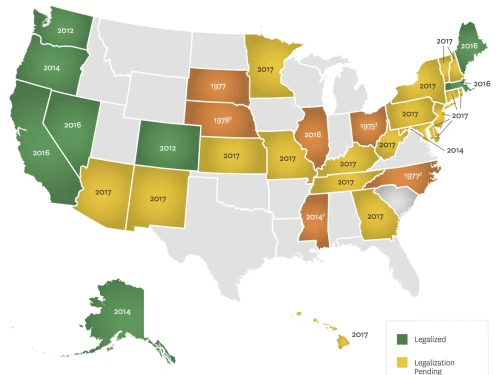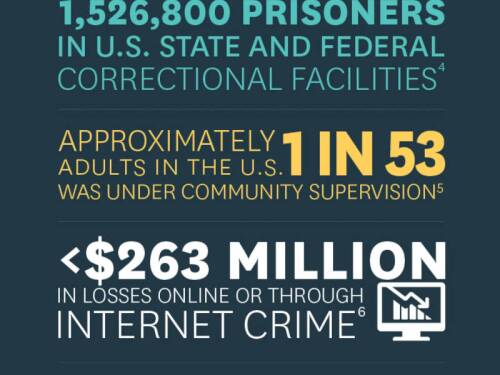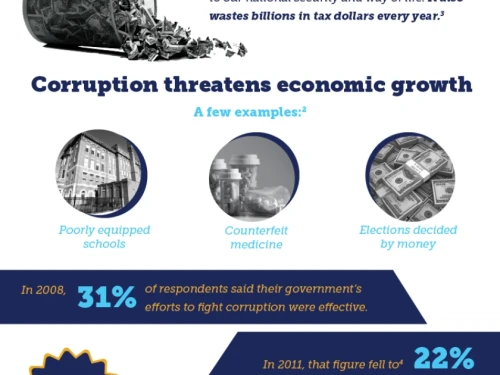Criminal Justice
Explore a wide range of topics on criminal justice, including career insights, celebrity trials, prison reform, and the differences between criminology and criminal justice. Stay informed with expert analysis on key issues like cyberbullying, incarceration, and legal debates.
Related Blog Posts
Whether you currently work in law enforcement or are seeking a new career that will allow you to fight crime and protect your community, becoming a criminal investigator can open a range of challenging and satisfying paths. Being a criminal investigator allows you to operate independently, solve problems, and give back to the community. The role of a criminal investigator can take several different forms, often as detectives or crime scene investigators. However, all criminal investigators share common responsibilities: they collect evidence, interview individuals who are related to a case and testify about their cases in court.1
What is criminal behavior, and what causes it? How a society answers these fundamental questions plays an essential role in how it responds to crime, from developing crime prevention programs to designing incarceration systems and rehabilitating criminals. As part of this effort, criminologists and experts across related fields such as healthcare, sociology and psychology work toward an understanding of the causes of criminal behavior, both by proposing new theories and testing existing ones.
While crime frequently dominates the news cycle, media outlets often sensationalize the lives of perpetrators while the needs of victims are all too often overlooked. Those most deeply affected tend to have their stories buried and their voices silenced, even as criminals sometimes rise to the status of pseudo-celebrities. Shifting the focus back to victims of crime ensures that these individuals are considered in studies of criminal justice and by policymakers, preventing a one-sided story. This is called victimology: the scientific study of the physical, emotional and financial harm people suffer because of criminal activities.
“Community corrections” refers to any program that supervises offenders outside of the prison system, including probation, parole, work release, day reporting centers or residential “halfway house” programs. Community corrections has a long history in the United States, where there are presently two offenders on parole or probation for every individual currently serving time in prison.1 This long history has yielded many evidence-based practices in community corrections that are proven to decrease recidivism and are less costly than incarceration.2
“Terrorism” is a term that holds strong connotations in the United States and across the world. If the Oxford Dictionary defines terrorism as “the unlawful use of violence and intimidation, especially against civilians, in pursuit of political aims,” then we can define counter-terrorism as the lawful protection of civilians against violence and political persecution.
Criminology is a branch of sociology that focuses on the causes, effects and social impact of crimes. In many ways, the social aspect of criminology defines the field. For the criminologist, the ability to shift between conveying information with authority and listening carefully with compassion lies at the heart of communication in criminal justice. No matter what role you fill in this field, communication—both written and oral—is the number one skill you can polish in preparation for a criminology career.
As technology evolves, it adapts to our social habits and expectations while simultaneously broadening our awareness of local, national and international current events. In recent years, this has included greater awareness of community-police relations, a few specific instances of which have had tragic outcomes and caused public scrutiny of modern policing tactics. The cumulative impact of these incidents, in conjunction with an increasingly all-encompassing and remotely accessible internet, has necessitated the integration of more and smarter technology into contemporary police work.
Severe punishments for drug-related offenses—particularly possession of marijuana—have historically triggered global public outcry, causing many nations to rethink their approach to the applicable drug laws.
If you’ve looked into a career in criminology and criminal justice, you’ve likely noticed how different types of crime can feed into hiring trends across the industry. In our infographic below, you can view 10 fast facts that help fuel the growing career opportunities in the field.
The paths of those who have arrived in public administration careers are varied and sometimes unpredictable. Often, the professionals who serve the public best are the ones who never necessarily saw themselves fulfilling those roles to begin with.
Although not widely discussed, corrupt public figures in the U.S. presents a huge problem.


